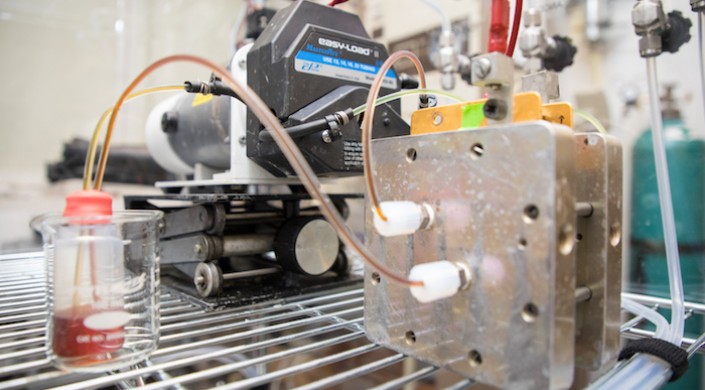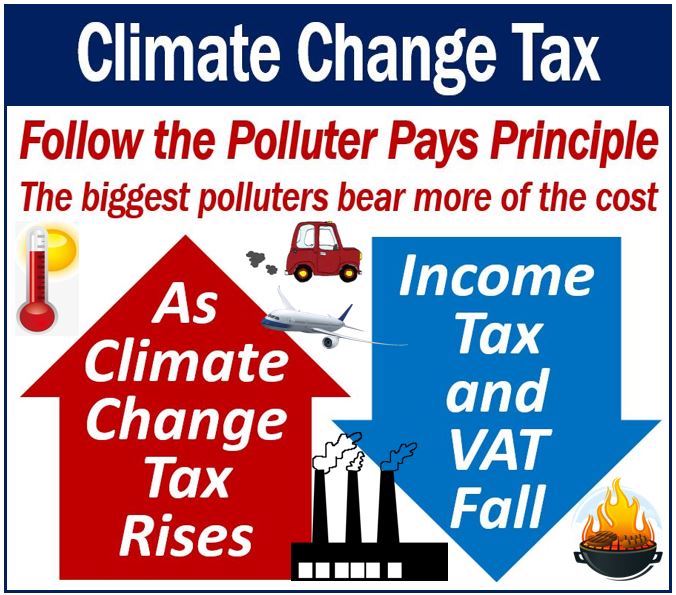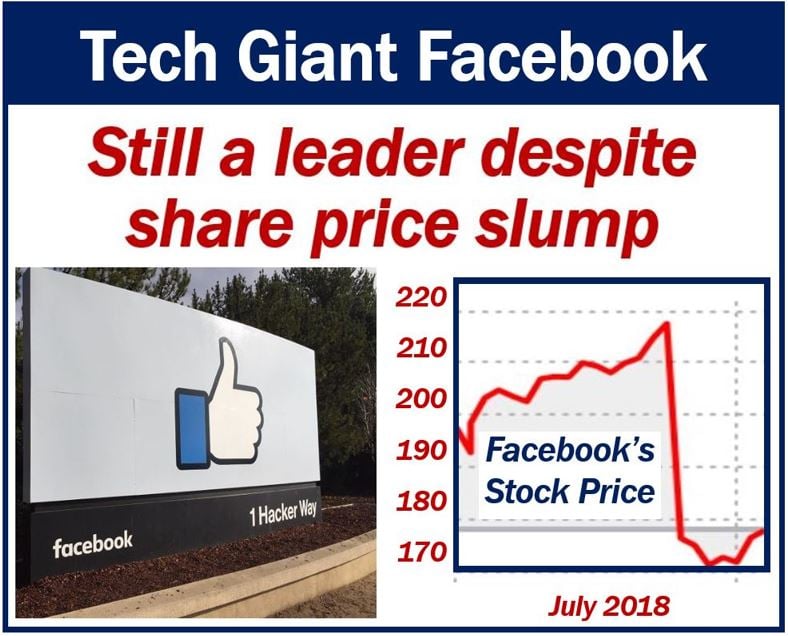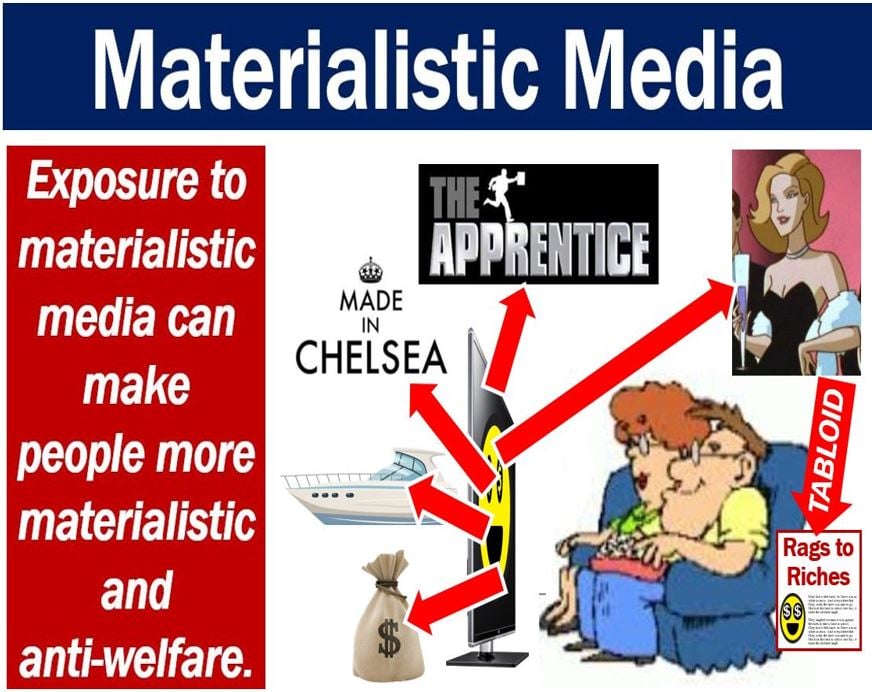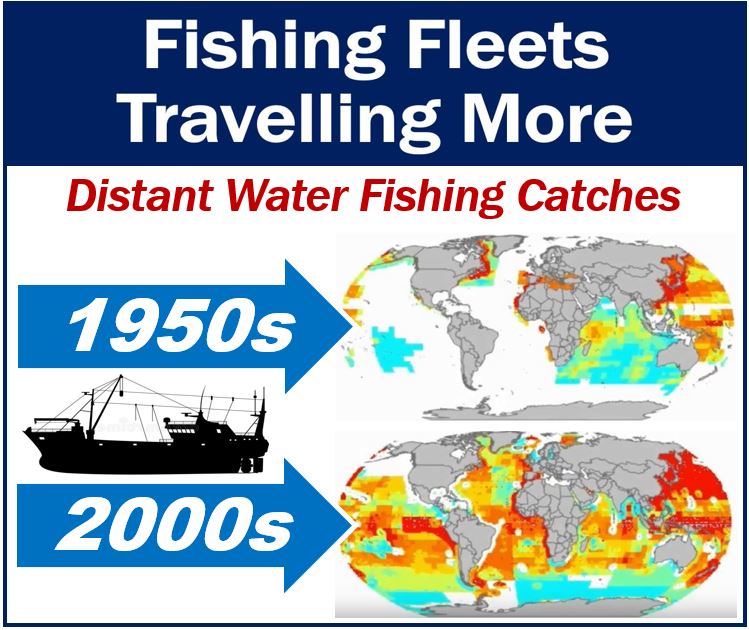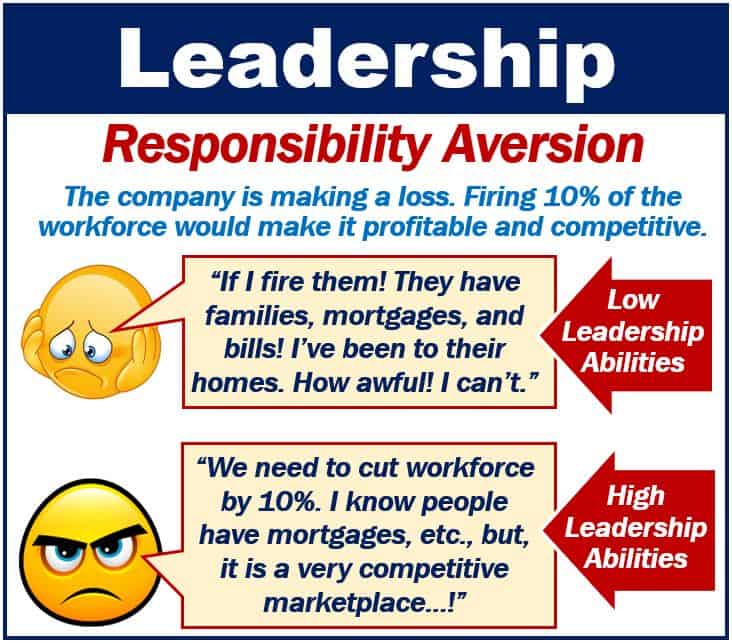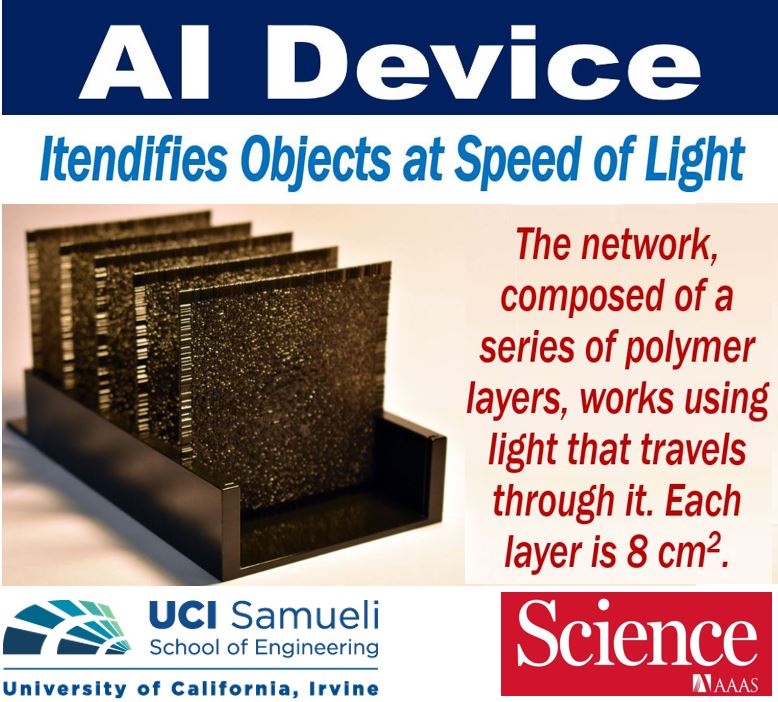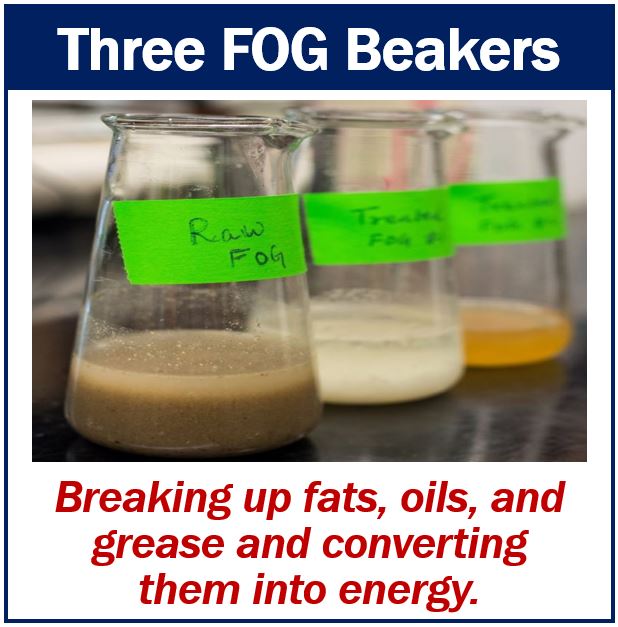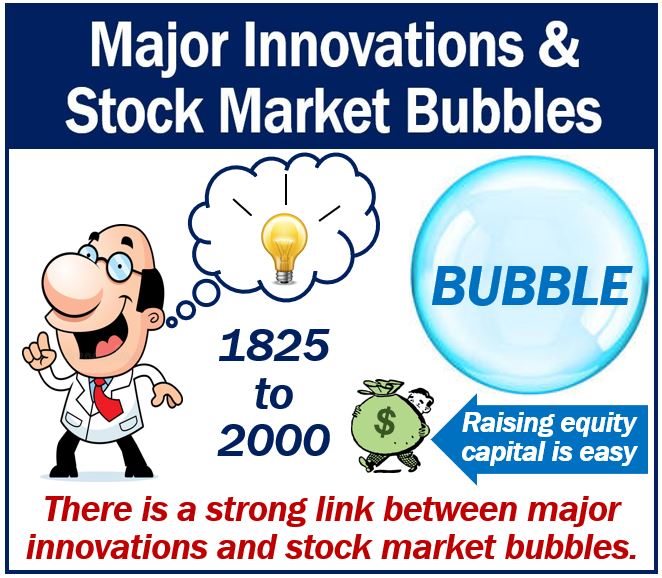Flow battery on course to provide large-scale renewable energy storage
By developing a new organic compound, scientists at Harvard have created a flow battery that could one day help power utilities make more use...
Voice-activated devices need to be more toddler friendly
What happens when toddlers talk to voice-activated devices? What happens, for example, when a small child talks to Echo, Alexa, Siri, or Google Assistant,...
Is it time for a climate change tax?
A climate change tax would charge businesses and individuals for the harm that their emissions caused. It would follow the polluter pays principle. The...
Tech giant Facebook still a leader in spite of stock slump
Tech giant Facebook is still a global leader, in spite of its late July share value slump. The sharp decline in its share price...
Materialistic media makes us less sympathetic to poverty
Materialistic media exposure makes us less sympathetic to the plight of people who live in poverty. It also makes us more materialistic and anti-welfare....
Fishing fleets traveling more but catching less
Industrial fishing fleets are traveling twice as far as they did nearly sixty-five years ago. They are also catching fewer tons of fish, say...
Qualities of leadership – what sets leaders apart?
Leaders are much more willing to take responsibility for making decisions, especially those that affect other people's welfare. What determines whether somebody has leadership...
AI device identifies objects at speed of light
A research team has created an AI device that can identify objects at the speed of light. It is a physical neural network that...
Breaking up FOG – fats, oils, and grease – while also producing energy
Fats, oils, and grease, i.e., FOG, can clog up pipes. Recently, they blocked London's sewage system. They can also harm fish and grow into...
Major innovations help create bubbles in their sectors
Major innovations help create stock market bubbles. The more radical the innovation, the bigger the bubble. Major innovations sometimes also help boost other industries....

